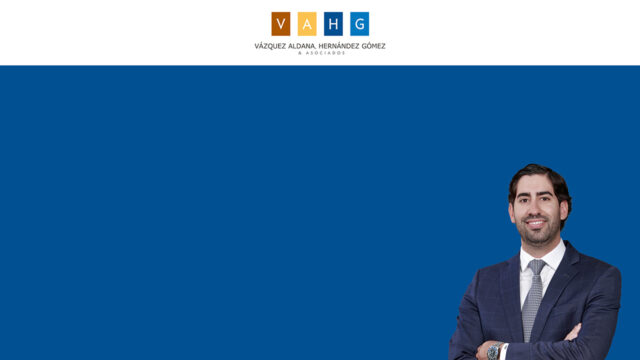
Today, international migration has become a phenomenon of great magnitude in Mexico. Between January and May 2024, the country registered 1.3 million immigrants in an irregular migratory situation, coming from 177 countries, whose main purpose is to reach the border with the United States. This migratory flow has reached unprecedented levels of saturation, according to information obtained from El Economista.
Irregular migration in Mexico has experienced a significant increase, tripling in the first quarter of the year and reaching almost 360,000 people, despite increased governmental operations. According to statistics from the National Migration Institute (INM) for the year 2024, 83,066 migrants have been oriented, 349 have been rescued, and 38,293 people have been provided with social assistance. Additionally, 259 undocumented foreigners have been deported, while 8,103 have been returned through assisted return procedures.
On the other hand, the emigration of Mexicans to other countries increased 58% to a total of 1.2 million emigrants in the last five years, of which 87.9% went to the United States, 6% went to Canada, 1.3% to Spain, 0.7% to Germany and 4.1% to the rest of the world, according to information obtained from Forbes Mexico.
VAHG Attorneys have extensive experience in the practice of Immigration Law and provide effective legal solutions before the Ministry of the Interior through its agencies such as the National Institute of Migration and the Ministry of Foreign Affairs in immigration matters, advising our clients at all times and protecting their rights and interests. Likewise, we provide the best legal advice and accompaniment for all possible situations of our migrant clients in their stay in any country, guiding them at all times, with visible results in the short term, thanks to our strategic alliances and the international networks of which we are part of.
In accordance with applicable Mexican law, it is possible to appoint Directors or Managers of foreign nationality to represent companies incorporated in Mexico. At the time of appointment, the foreign person must have a regular immigration status in Mexico. At VAHG we advise companies that have foreign employees and officers in the compliance of their immigration and labor obligations, as well as in obtaining or updating the Employer Registration Certificate, along with the processing of visas and documentation for temporary or permanent residence for our clients and their families. We also advise our clients in obtaining visas for business and investment, resolving any immigration situation that may arise.
Our Immigration Practice Attorneys at VAHG help to promote foreign investment, where our foreign clients can participate in the capital stock of Mexican companies, either to acquire fixed assets, enter into new fields of economic activity, as well as to open and operate establishments by expanding or relocating existing ones; according to our legislation all Mexican companies can be constituted by national or foreign shareholders or partners.
| Elvia del Carmen Ríos Saldaña | Partner
Immigration +52 (33) 38171731 Ext 228 | erios@vahg.mx |
Luis Andrés Estrada Intriago | Senior Associate
Immigration +52 (33) 38171731 Ext 224 | lestrada@vahg.mx |
**The publication of this document does not constitute legal, accounting or professional advice of any kind, nor is it intended to be applicable to particular cases. This document only refers to laws applicable in Mexico.









